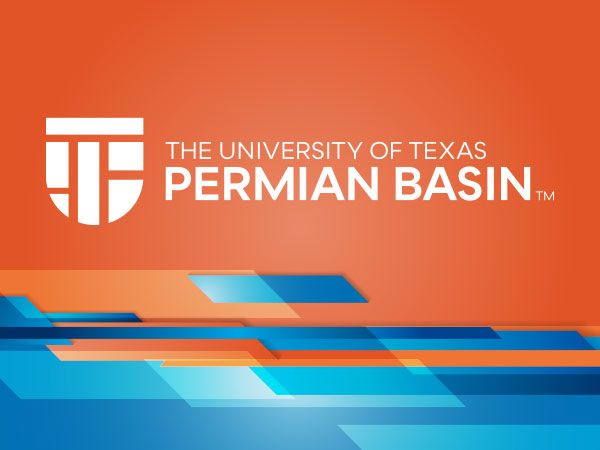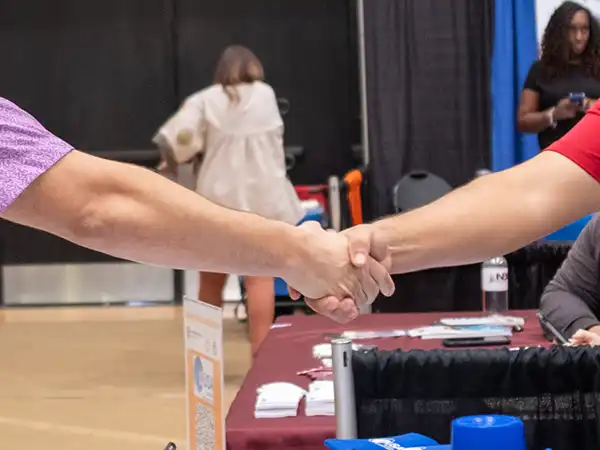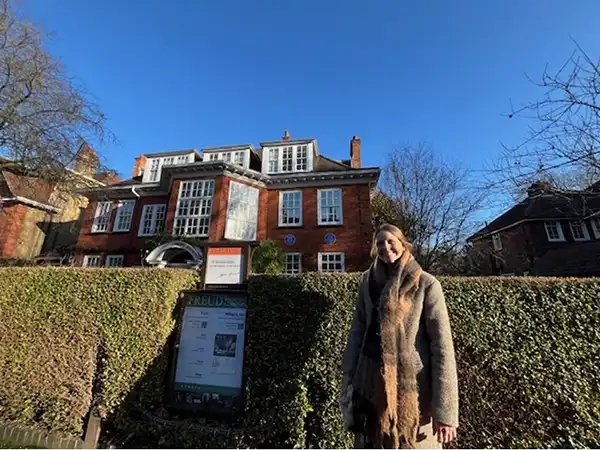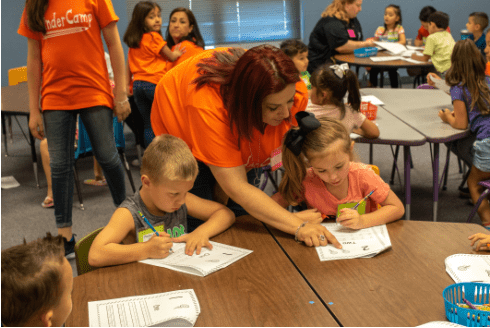
A packed dining room and busy kitchen -- it’s just another day in paradise at a locally owned pizza shop in Odessa. It also happens to be in the middle of an oil boom. People who call this area home know that means long lines and more traffic.
At this particular pizzeria, the owner noticed something different that day; it was in the air…literally.
“She thought maybe the pizza ovens had a leak,” Dr. Jason Lagapa said. “She was actually kind of frantic trying to find the source.”
The owner spent some time trying to figure it out with her employees. It smelled like gas. She was really worried that something might be wrong until one of her employees spoke up, “That smell? It’s coming from those men over there.” The men were wearing coveralls stained with oil. Likely just finishing a long shift out in the field.
The pizzeria owner is UT Permian Basin Literature and Language Professor Dr. Lagapa’s wife. “She’s from New Jersey,” he explained. “She didn’t know what oil smelled like.”
That story is one of many that support Dr. Lagapa’s current humanities project: Boom or Bust. He and UT Permian Basin Professor and colleague Dr. Rebecca Day Babcock are taking a look at the human toll of boom and bust cycles.
“It seems that a lot of our focus around the area is on energy production and also as an economic issue,” Dr. Lagapa said. “We are looking at how this impacts a community and the way people live their lives.”
Joining Dr. Lagapa in this project is fellow UT Permian Basin Language and Literature Professor Dr. Rebecca Day Babcock. Through this project they are getting a better understanding of why and how West Texans endure the volatile industry that this area is known for. They’re gathering stories from locals on how they deal with economic upturns and downturns through a writing group. They’re also hosting a book club that focuses on energy and boom-bust cycles. A third area of focus includes gathering information through a series of speakers.
“We are trying to come to terms with our economic situation here in the Permian Basin and elsewhere,” Dr. Lagapa said.
Through written essays, Dr. Lagapa and his team have found one of the driving factors for people in West Texas is opportunity.
“There’s something infectious that happens in a boom period. It seems as if people see other people making money, they see other people advancing in their career and they want in on it,” he said.
When the price of oil is up and production is in full swing, the impact on the region is visible. Humanities for All put it like this: the population increases; pickup trucks and four-by-fours with out-of-state license plates become more common, and their owners fill stores and tighten the
housing market. Big rigs delivering sand, water, and other materials cut through town. Money flows in the service industry. Families become better able to afford things.
Even in a bust, Dr. Lagapa says the hope of opportunity is what keeps people around.
“There are strong people here that depend on their families, depend on their community and they work hard,” he said. “We have found that there’s this survivor mentality. People rely on their inner resolve to overcome.”
The grit of West Texans has caught the attention of people around the country. Stories gathered in the project were featured on the National Public Radio program West Texas Talks.
“People as far as Washington D.C. have heard our stories,” Dr. Lagapa said. “It’s gratifying to know that someone on the other side of the country is listening to what people have to say here.”
The attention over the radio waves played a role in getting the project featured in the recent Humanities for All Publication. The organization features humanities projects from institutions all across the country – from the University of Southern California to Cornell University in New York.
“People are doing great things for humanities all over the nation,” Dr. Lagapa said. “To see that UT Permian Basin gets recognition is really great.”
He hopes that the project might start a larger conversation about finding stability in an area that knows all too well, what goes up must come down.
“The humanities offers people a great way of understanding what might be the human side – the people side of the oil economy,” he said. “If we can understand better, maybe we can make headway for a stable economy.”



